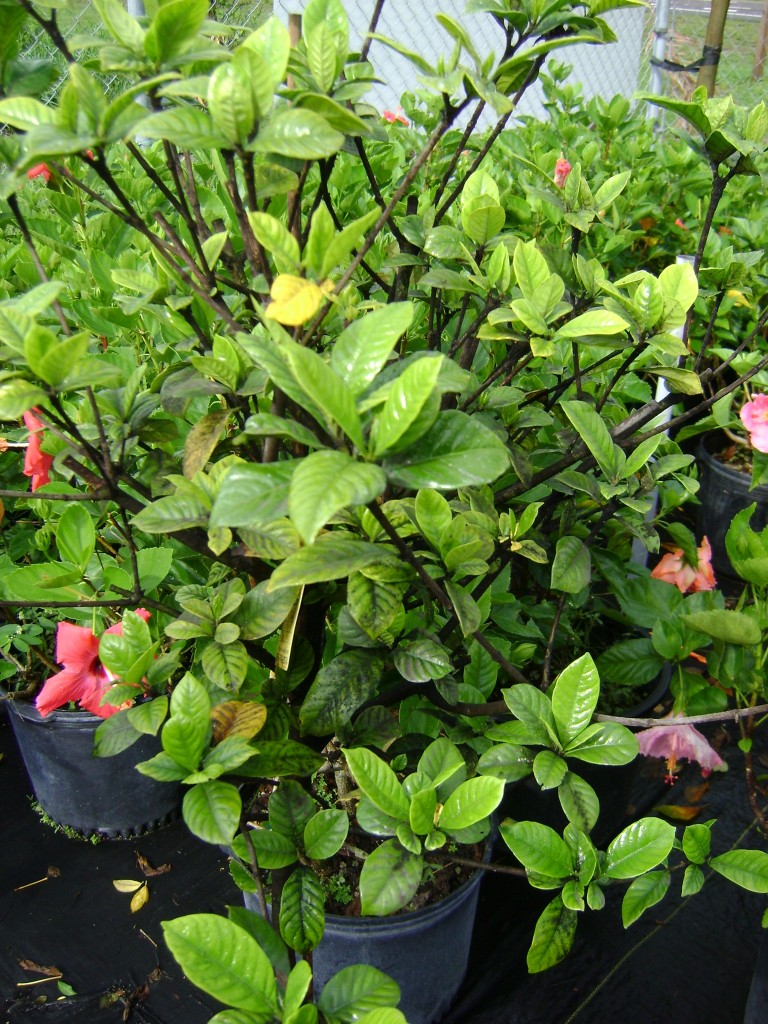Black sooty mold is a fungus that makes regular appearances in the Florida landscape, especially during the summer months. It will attack almost any plant, including ornamental shrubs and citrus trees. Infected leaves appear coated with a greasy black film that readily rubs away, revealing the healthy green leaf below. It spreads quickly from plant to plant and is sometimes seen on the ground beneath or fences behind contaminated plants.
In the early stages, the black residue is usually considered a cosmetic problem because it grows on rather than in the plant, and mild cases are seldom deadly. Left untreated, however, black sooty mold can interfere with photosynthesis and respiration, weakening plant vigor and leaving affected specimens vulnerable to more dangerous pests.
The Cause
Sooty mold growth is primarily caused by infestations of sucking insects. These invasive pests feed on the sap of tender leaves and delicate new growth. As a byproduct, they produce large amounts of honeydew, a sugary, syrupy liquid. Excessive honeydew often falls onto leaves, branches or fruit below the affected area, drawing the attention of ants and providing a fertile breeding ground for opportunistic mold spores. The appearance of sooty mold is usually a sure sign of insect activity.
Honeydew secreting insects thrive in hot and humid Florida summers. If you notice black sooty mold in your garden, examine the infected plants for the following pests:
- Aphids
- Mealy bugs
- Whiteflies
- Soft scales
- Leaf hoppers
- Psyllids
The Cure
Black sooty mold is more than an eyesore. Left to fester, it can effectively stifle previously thriving mature plants and put the brakes on promising young ones. Sooty mold on citrus trees results in fruit that is edible but visually unappealing. Luckily, sooty mold is quickly and easily removed using a simple leaf wash that is readily available, environmentally friendly, effective and safe. Inquire at your local garden center about OMRI -rated (Organic) PureSpray Green.
Remember that black sooty mold is a symptom of an underlying insect infestation. In order to rid your garden of sooty mold permanently, you must first attack the pest problem. Ask your nursery or landscaping professional today to find out how.



Cindi Koenigsberg
Use OMRI rated PureSpray green to rid your plants of black sooty mold that can build up.